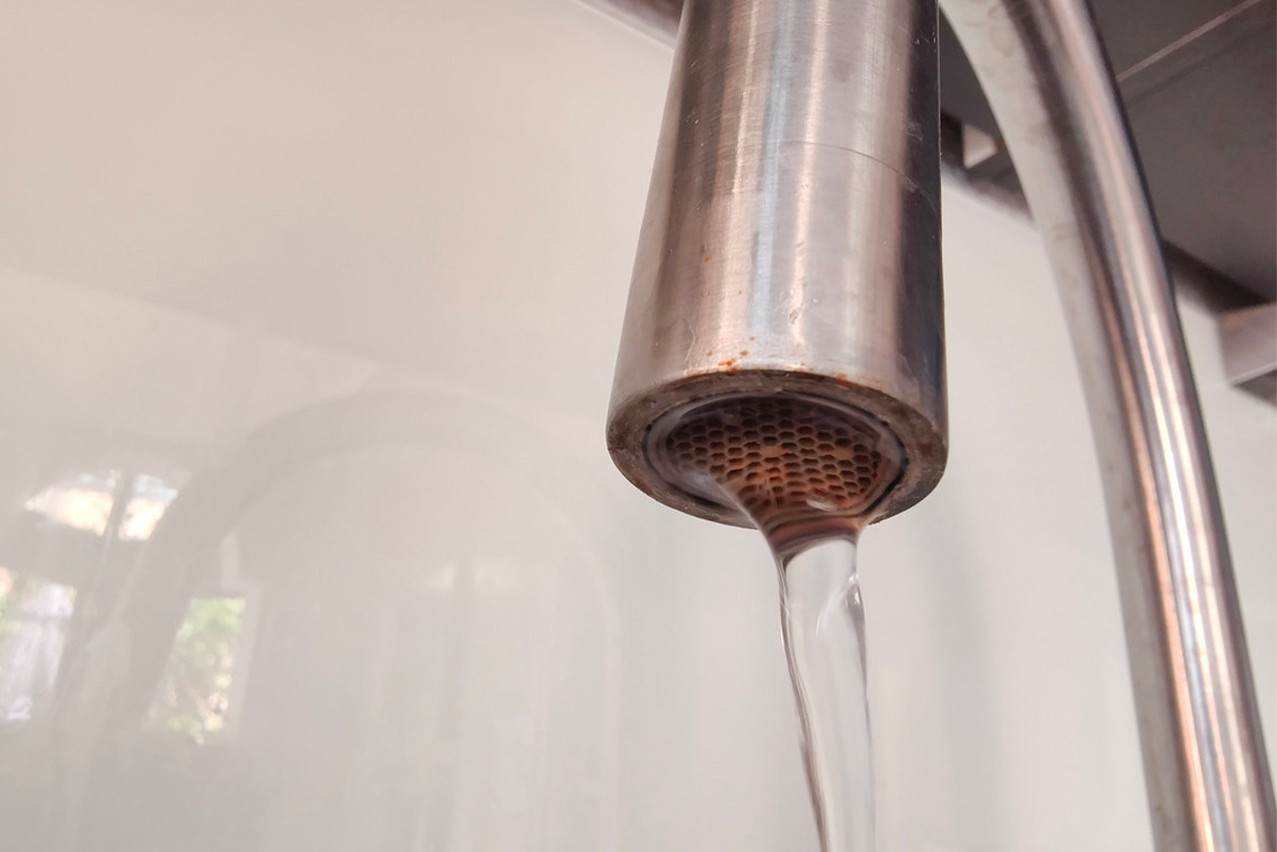In Luxembourg, 120,000 m3 of drinking water are used every day, according to the ministry of the environment.
To make it safer, a bill has just been adopted by the deputies on Wednesday 21 December. It aims to transpose a European directive on the subject, for the protection of human health and greater public confidence in tap water.
According to the summary of the bill, the new law provides for:
- an update of the quality standards for water intended for human consumption
- the introduction of a watch list covering substances or compounds of health concern
- the introduction of a risk-based approach covering the whole supply chain,
- requirements for materials in contact with water, from abstraction to distribution,
- that municipalities take measures to improve access to water, especially for vulnerable and marginalised groups. The state and local authorities should install water fountains in public spaces by 1 January 2029. They will also have to implement campaigns on tap water quality.
- The bill also strengthens the monitoring of water losses in the networks by obliging suppliers to assess the degree of leakage at least once a year and to report the results to the Water Management Administration.
- A Drëpsi label will inform consumers about the degree of control of risk associated with infrastructure used by the water supplier.
- The text recommends that suppliers ensure that water distribution is optimised through the implementation of water-saving measures and that they promote mutual cooperation through the interconnection of public supply systems.
Penalties are also foreseen in case of non-compliance.
This article was first published in and has been translated by Delano.
